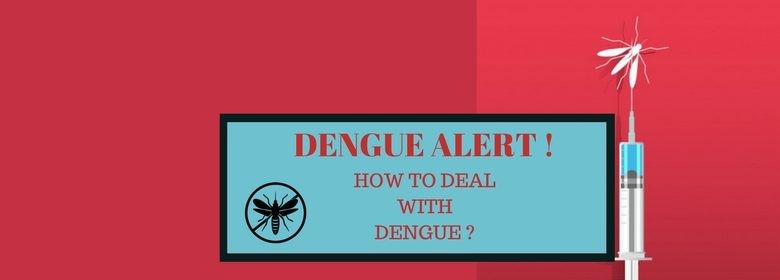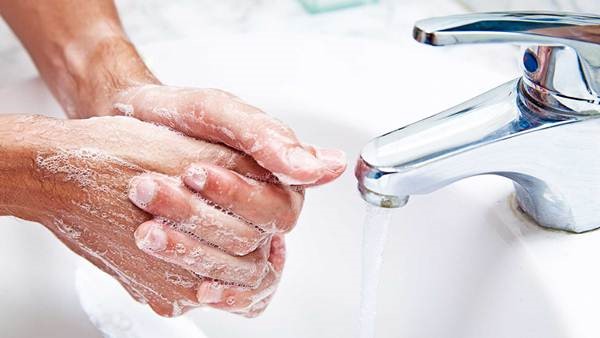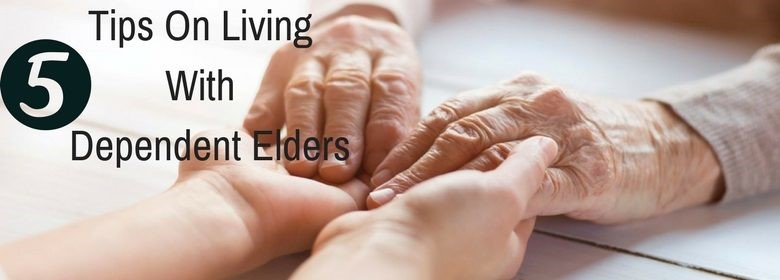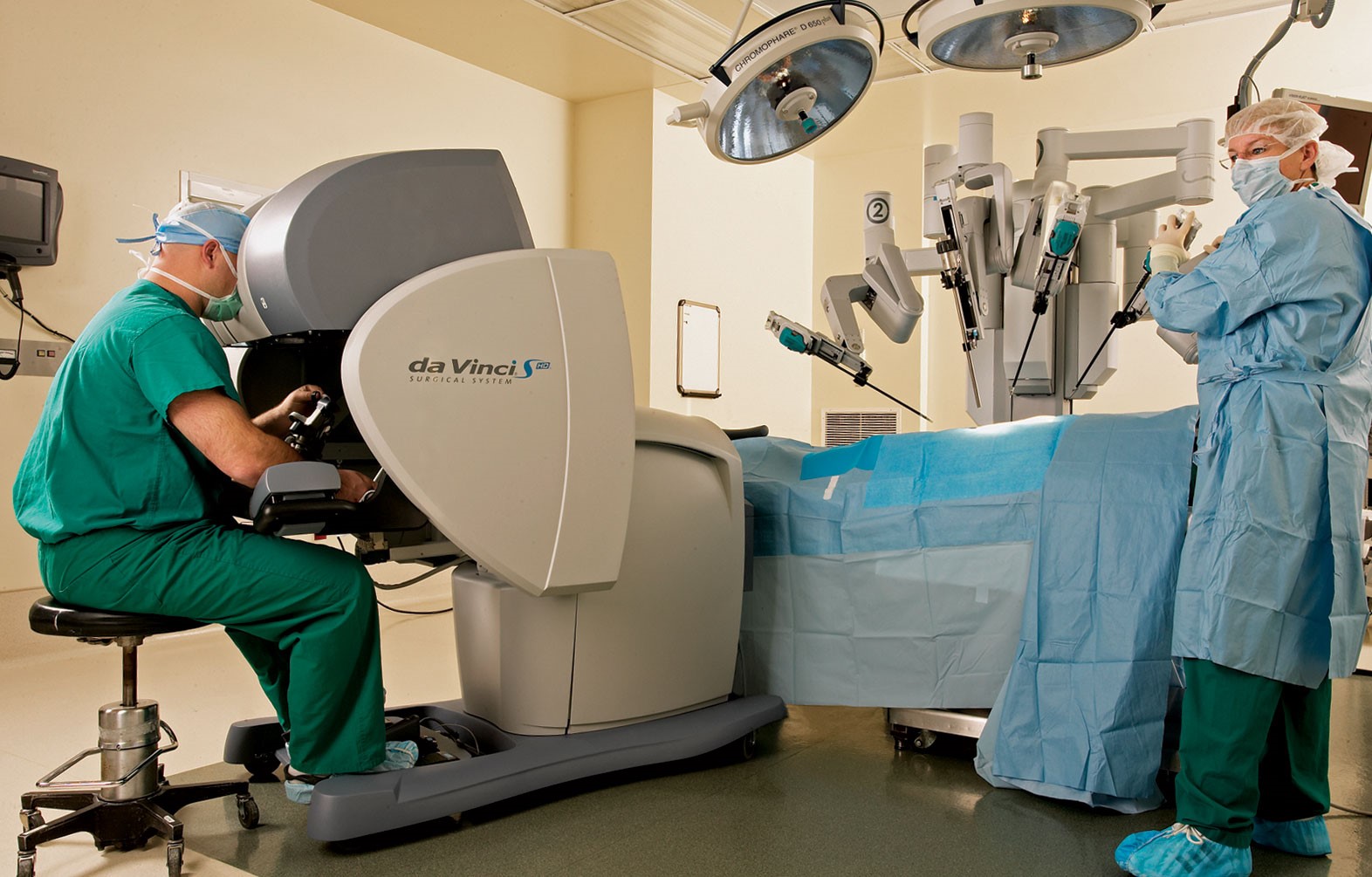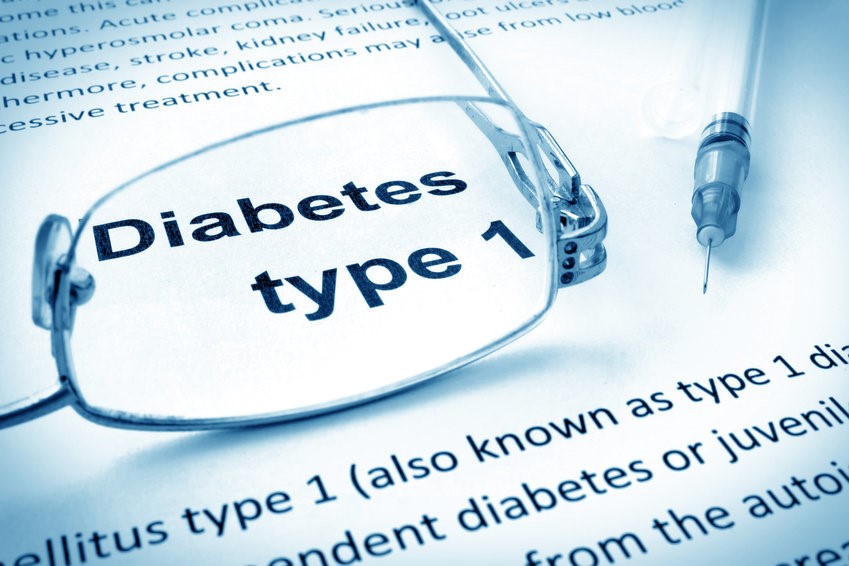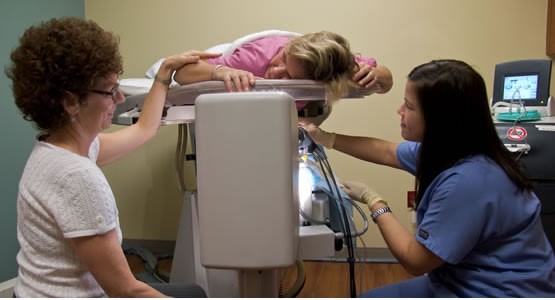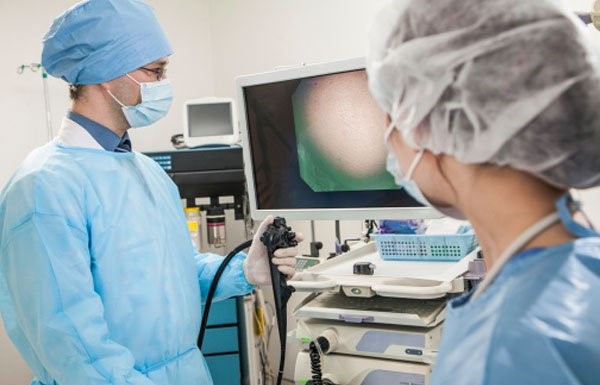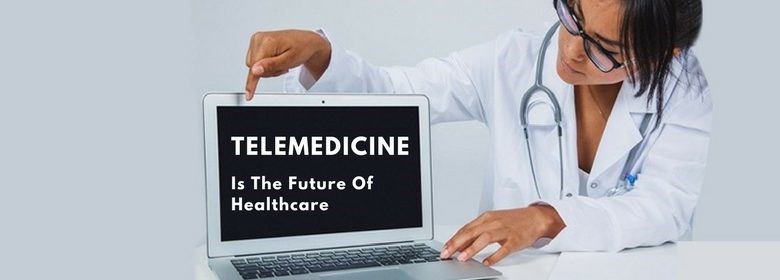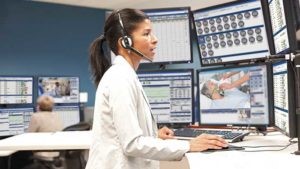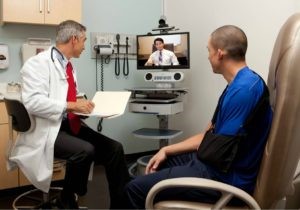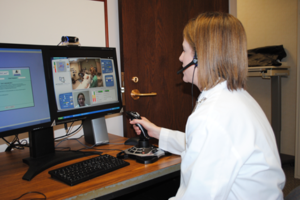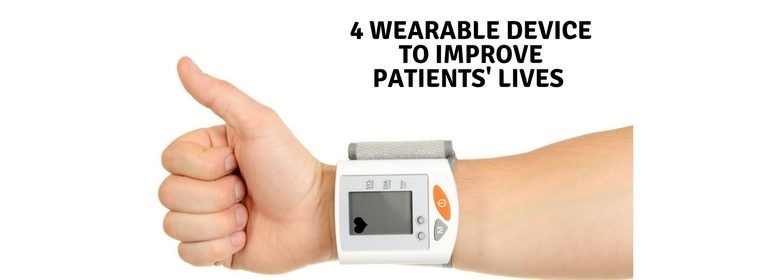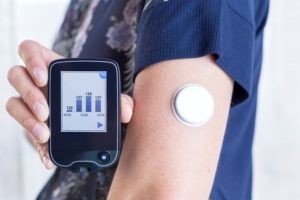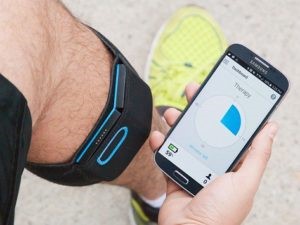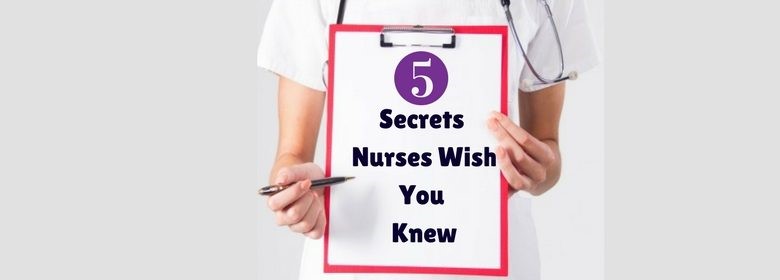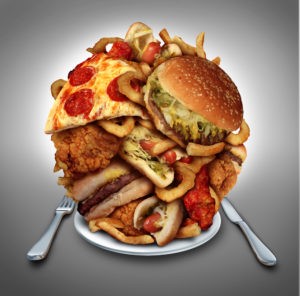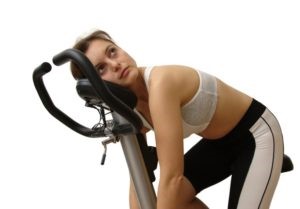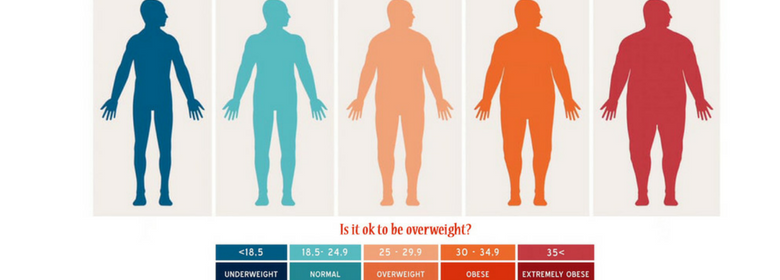How To Deal With Polycystic Ovary Syndrome At Home, Through Your Diet!

A number of women (1 in 10) suffer from PCOS, or Polycystic Ovary Syndrome. This terrible disorder can wreak havoc on your confidence, affecting the menstrual cycle and causing acne and hair loss. This is because it is a hormonal disorder.
What’s worse, PCOS puts you at risk of an number of other health hazards like heart disease, endometrial cancer, diabetes and BP issues.
A suitable diet goes a long way in helping you recover from this disorder.
The Deal With Insulin And Carbs
Most sufferers of PCOS tend to be overweight or obese. Women with PCOS often have high insulin resistance, meaning that the insulin their bodies produce doesn’t get used effectively. It’s harder for them to lose weight because of this reason.
A diet that’s loaded with refined carbohydrates (that’s all the sugary and refined foods you eat) can make it hard for you to overcome insulin resistance.
Foods You Should Add To Your Diet
Foods rich in fiber are your highest priority: they actually slow down your digestion, meaning refined starch will find it harder to get absorbed into your system.
Pick items like broccoli, cauliflowers and such cruciferous vegetables. Other fiber sources include greens, capsicum, pumpkins and sweet potatoes.
Lean proteins are another great choice. They help you feel full, and are much healthier than carbohydrates.
Foods that reduce inflammation are great choices. These include tomatoes, fruits, olive oil, and fish that are rich in omega-3 fatty acids.
Foods You Should Avoid
All sorts of unhealthy foods need to be cleared off your dinner table. High up on the list are unhealthy fats, such as processed fatty items like mayo, and red meat.
Carbs are to be avoided for the most part, including refined flour, white bread, white rice and more. Generally, these all have high GI (Glycaemic Index). These are tastier, but that is done by removing healthy components such as fiber. Avoid all of these. No more feasting on pizza, burgers, pasta, muffins and pastries.
Dairy is another thing people with PCOS should avoid. Milk is known to increase testosterone levels, which is already a problem caused by PCOS.
Couple The Diet With Healthy Lifestyle Changes
A diet is a great way to deal with PCOS symptoms, but it needs to be paired with effective lifestyle choices if it is to have an effect.
Exercise regularly, try and manage the stress you go through, and treat yourself to the occasional indulgence. Make it a habit to share your burden within your trusted circle. Stress management goes a long way when you’re dealing with PCOS.
Know That There Is No Cure
Sadly, we don’t know of a cure for PCOS as of today. Following this diet and incorporating a few lifestyle changes will help you deal with the symptoms, though. And take courage in this fact: a number of women lead full, uncompromised lives even with PCOS.
References:





